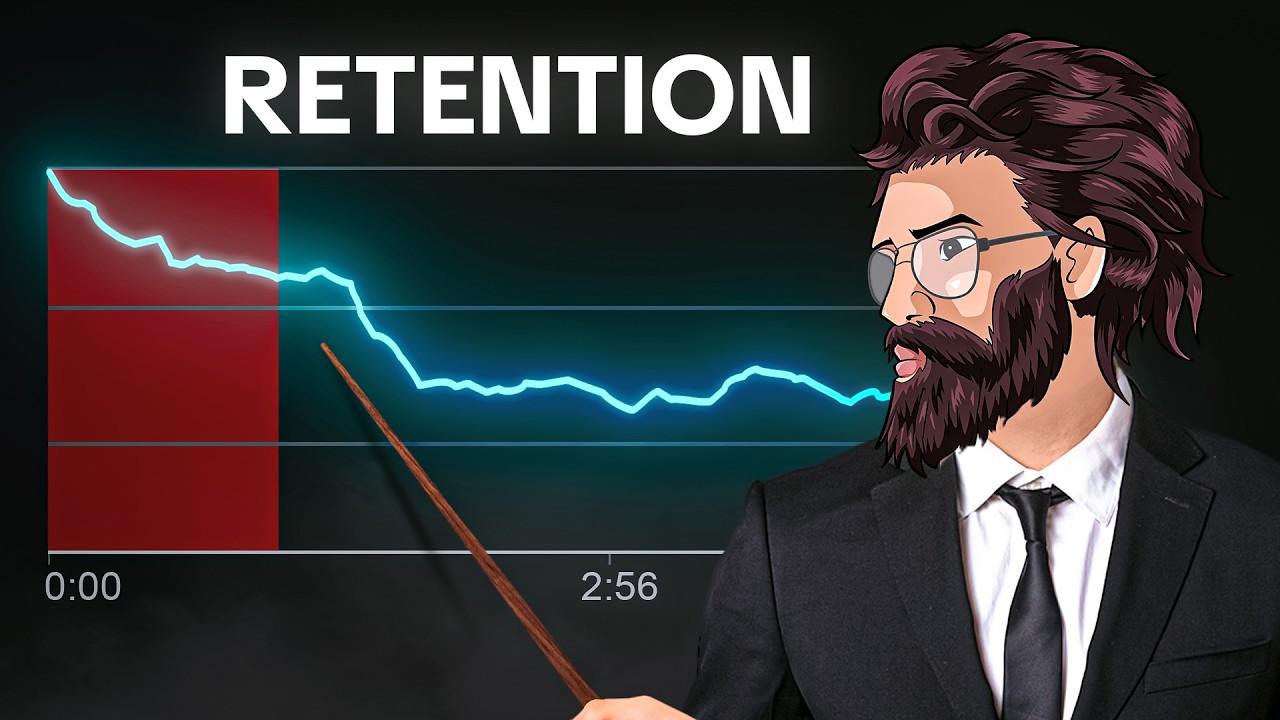How to Make a Complete Animation Video
Summary
TLDRThis video presents a streamlined three-step process for creating engaging onboarding videos: script writing, voice-over recording, and visuals. Ruid, the head of HR, introduces new employees, highlighting the importance of the onboarding series available in a shared folder. Using Vyond, he demonstrates how to select and customize scene templates that align with the voice-over, ensuring brand consistency. The video emphasizes efficiency, showing how to synchronize animations with audio and finalize the content quickly. The result is an effective onboarding resource that enhances new employees' experience and integration into the team.
Takeaways
- 😀 The onboarding process is essential for new employees to understand their roles and the company culture.
- 😀 Video content is preferred over lengthy PDFs for onboarding, making information more accessible and engaging.
- 😀 A series of onboarding videos is available in a shared folder for new employees to watch.
- 😀 The video creation process involves script writing, voice-over recording, and selecting appropriate visuals.
- 😀 Templates are used to streamline the video creation process and ensure a cohesive look.
- 😀 Customization of scenes is necessary to align visuals with the brand's identity, including colors and fonts.
- 😀 It's important to synchronize the timing of visuals with the voice-over for a polished final product.
- 😀 The video should include engaging elements, such as camera movement, to keep viewers interested.
- 😀 Attention to detail, such as using the correct assets and adjusting backgrounds, enhances the overall quality of the video.
- 😀 The finalized video serves as an effective tool to welcome and inform new employees, fostering a positive onboarding experience.
Q & A
What is the purpose of the onboarding video created by Ruid?
-The onboarding video is designed to welcome new employees and provide them with essential information about the company, making their transition smoother.
What are the three steps in Ruid's video creation process?
-The three steps are script writing, voice-over recording, and adding visuals.
Why did Ruid choose to create a video instead of a PDF for onboarding?
-Ruid believes that videos are more engaging and easier to digest than lengthy PDF documents.
What software does Ruid use for creating videos?
-Ruid uses Vyond, an animation software tool, for creating videos and animations.
How does Ruid select templates for the video scenes?
-Ruid searches for scene templates that align with the content of the voice-over and matches the themes being communicated.
What customization options does Ruid mention for the video?
-Ruid customizes background colors, font types, and replaces assets to match the company's brand guidelines.
What does Ruid do to ensure the scenes are timed correctly with the voice-over?
-Ruid aligns the duration of each scene with the length of the corresponding voice-over segments.
What is the significance of the 'asset view' feature mentioned?
-The 'asset view' feature allows Ruid to see and modify all the assets used across scenes, facilitating bulk changes for consistency.
How does Ruid incorporate music into the video?
-Ruid adds background music to enhance the video's engagement, adjusting the volume to ensure it doesn't overpower the voice-over.
What final touches does Ruid apply before finalizing the video?
-Ruid uploads the voice-over, adjusts scene timings, and makes any necessary aesthetic changes to ensure the video is polished and ready for new employees.
Outlines

此内容仅限付费用户访问。 请升级后访问。
立即升级Mindmap

此内容仅限付费用户访问。 请升级后访问。
立即升级Keywords

此内容仅限付费用户访问。 请升级后访问。
立即升级Highlights

此内容仅限付费用户访问。 请升级后访问。
立即升级Transcripts

此内容仅限付费用户访问。 请升级后访问。
立即升级浏览更多相关视频

This Secret Google Side Hustle Makes $991/Day (VERY EASY)

YouTube Automation with AI | Make FACELESS YouTube Videos with AI

how to edit faceless videos properly.

I found a NEW WAY to Make Money Online With Faceless YouTube Automation Channels🤑

How to make Motu Patlu Ai Videos | The Radio Tv 🔥💯

Onboarding at MathCo
5.0 / 5 (0 votes)
